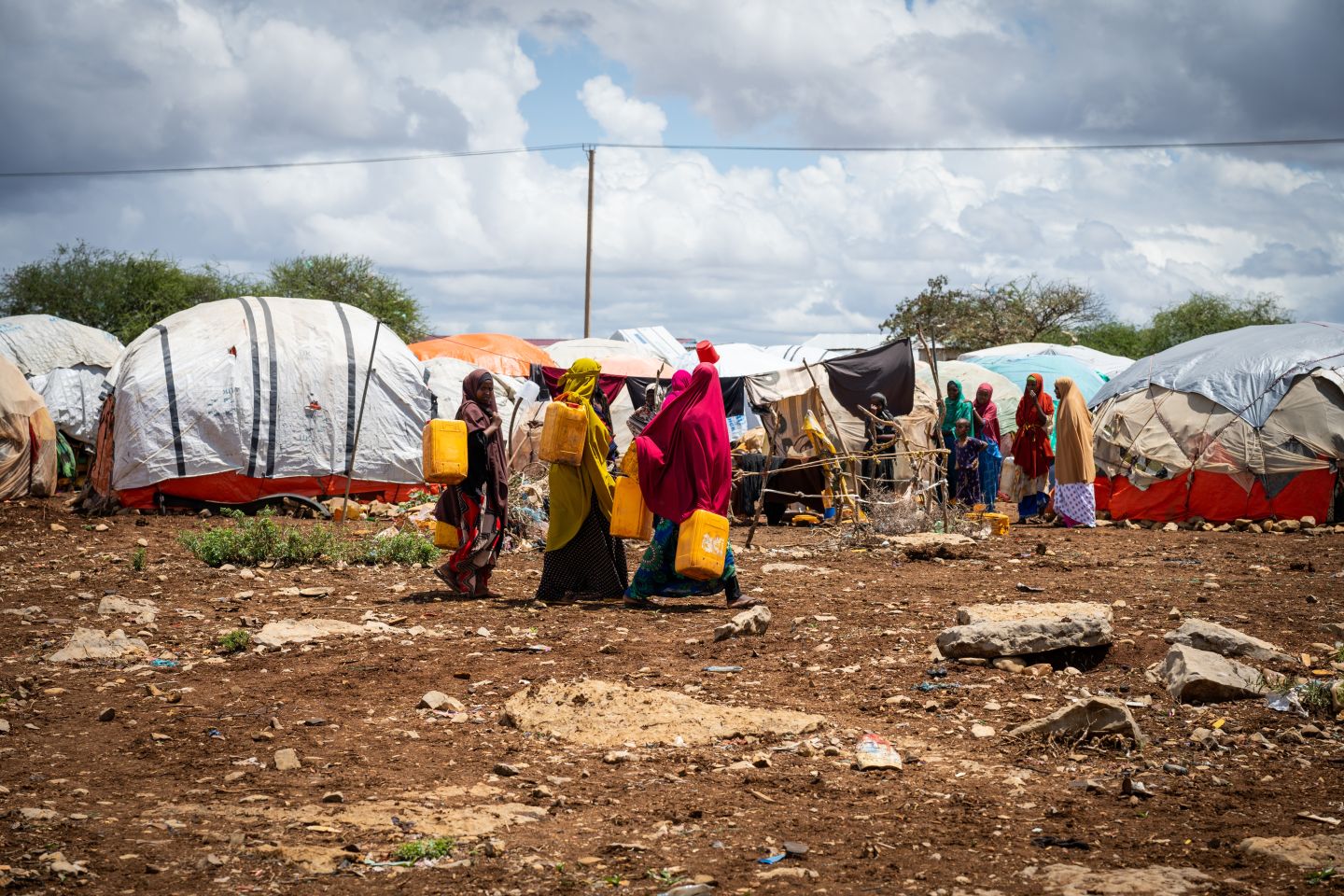
Minority exclusion in Somalia: shortcomings of aid agency feedback mechanisms
In 2021, MRG research revealed that minority clan members in Somalia were less likely to be aware of, to trust and to use the feedback mechanisms put in place by local and international agencies to gather information about whether the right aid is reaching the right people. In spring 2022, MRG investigated this further by following complaints to see what happened as well as talking to members of minority communities to understand why they might be slow to make complaints. One finding was that members of minority communities had been threatened with repercussions if they made a complaint (most often, the threat concerned their household being taken off the list of those eligible to receive help). We tracked numerous cases where complaint hotlines were not answered, or where messages left were not responded to. This was in February 2022 (i.e. 4-5 months before the UN declared an impending famine.) Some courageous individuals agreed to allow us to film this process to show what was happening. You can view some examples here. To read more about the wider findings about minority clan members access and use of complaint and feedback mechanisms, see here.
Please note that the picture was similar across many feedback hotlines run by many organizations, the organizations shown here are not any worse and some may be better than the typical picture, their inclusion is dictated by the willingness of the complainant to go public and were not selected for any other reason.
Read more about minority exclusion in Somalia in our latest report.
Watch the videos
—